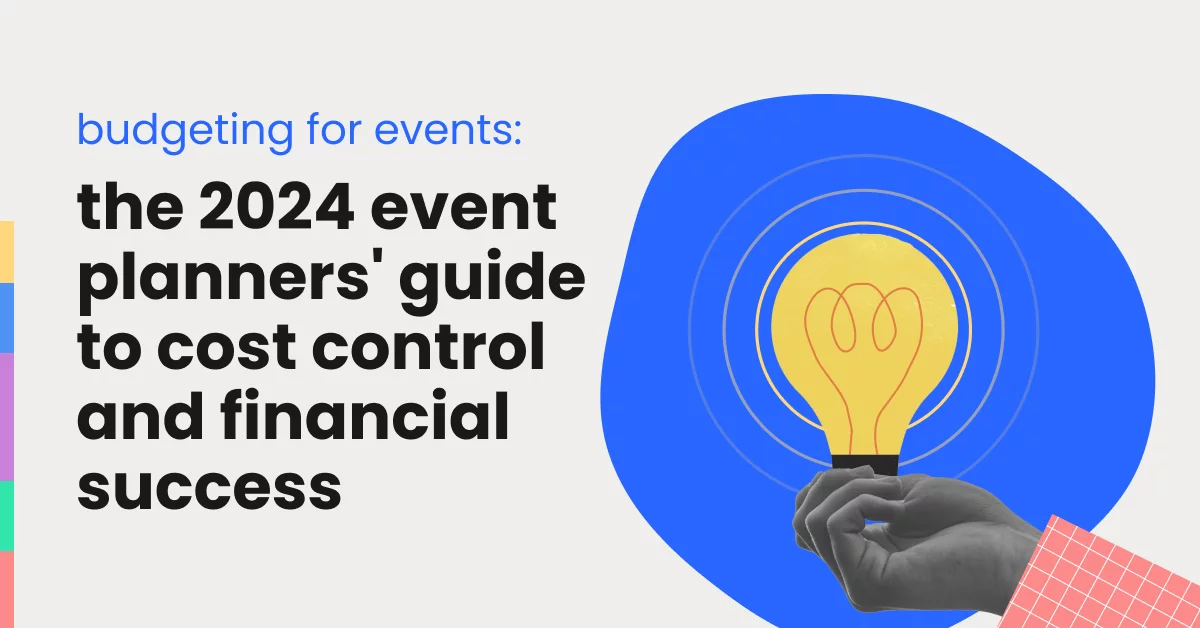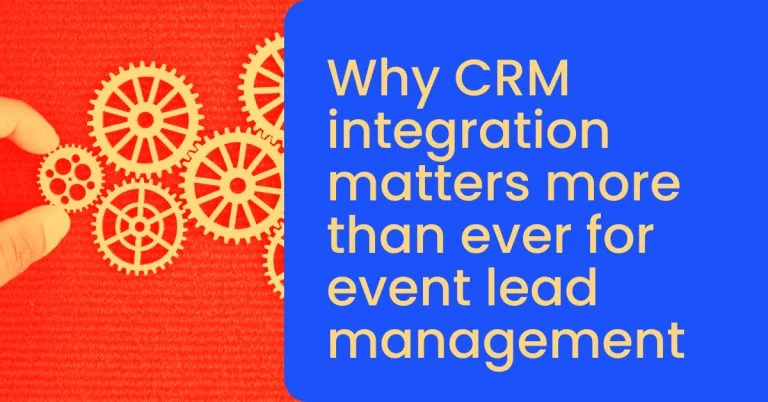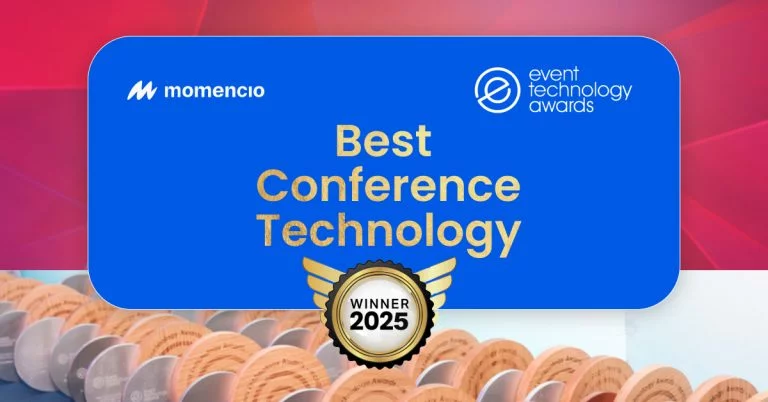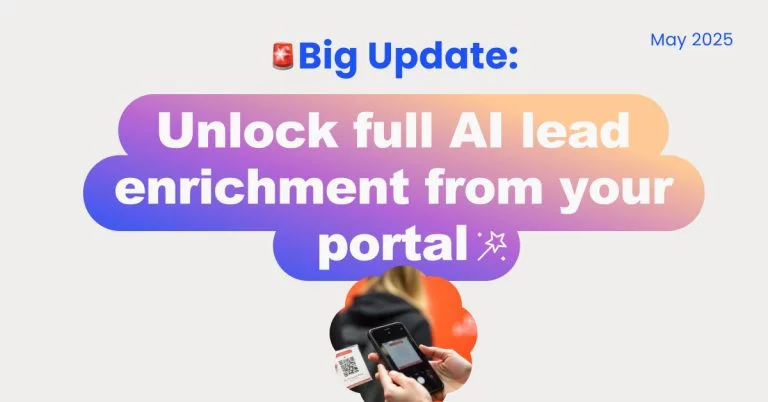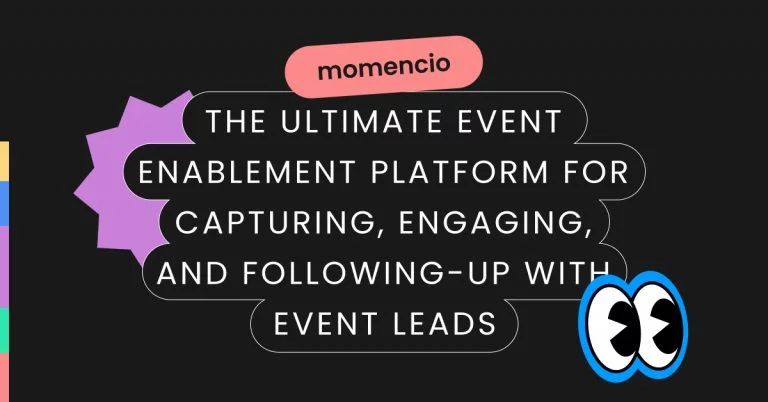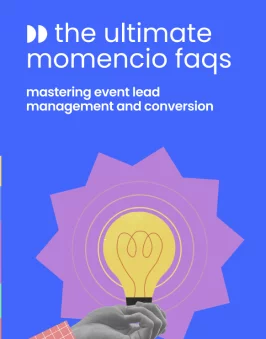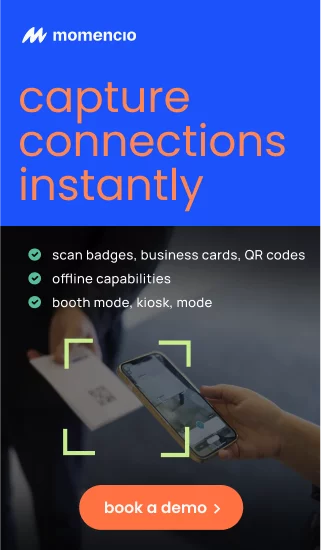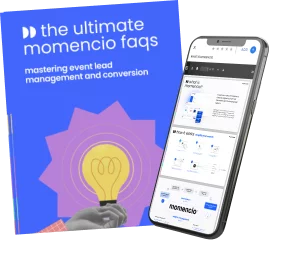Understanding: Budgeting for Events
Budgeting for Events is the process of estimating and allocating financial resources for all aspects of an event. It’s a foundational step in event planning that ensures every detail, from venue rental to marketing expenses, is accounted for. The significance of budgeting cannot be overstated—it not only prevents overspending but also provides a clear roadmap for decision-making. By understanding the financial scope, event planners can make informed choices about what is feasible within their budget, ensuring the best use of funds for a successful outcome.
Critical Components of an Event Budget
An effective event budget includes several key components:
- Venue Costs: Rental fees, including any additional charges for services like security, parking, or equipment.
- Food and Beverage: Catering costs for meals, snacks, and drinks offered during the event.
- Technology and Equipment: Expenses related to audio-visual equipment, internet access, and event apps or software.
- Marketing and Promotion: Costs associated with advertising, promotional materials, and social media campaigns.
- Speaker or Entertainment Fees: Fees for keynote speakers, performers, or entertainers.
- Staffing and Labor: Costs for event staff, including planners, coordinators, and temporary help.
- Miscellaneous Expenses: Unforeseen costs or additional needs that may arise.
Steps to Create an Effective Event Budget
Prioritize Expenses
Begin by identifying the non-negotiable expenses that are critical to the event’s success. These include the venue, catering, or necessary speakers. By prioritizing these expenses, you ensure that essential components are covered first, providing a clearer view of where you can be more flexible with your budgeting.
Track Spending
Implement a system for tracking all expenses, no matter how small. Use software or spreadsheets to monitor spending in real-time, comparing it against your initial budget (“What are the most effective ways to monitor expenses in real-time?”). This practice helps identify potential overspending early on, allowing for adjustments before costs escalate.
Plan for Contingencies
Always allocate a portion of your budget to unforeseen expenses. This contingency fund should be around 10-15% of your total budget. It acts as a financial cushion, ensuring you’re prepared for any surprises without jeopardizing the event’s financial integrity.
Financial Forecasting and Cost Management
Techniques for Accurate Forecasting
Accurate financial forecasting involves analyzing past events, market trends, and current prices to predict future costs. Use historical data to estimate expenses and adjust for inflation or changes in supplier pricing. Engaging in early vendor negotiations can also lock in prices, helping to stabilize your budget predictions.
Cost-saving Strategies for Events
To manage costs effectively, consider the following strategies:
- Venue Selection: Opt for venues that offer package deals or discounts during off-peak seasons.
- Supplier Negotiation: Negotiate with suppliers and vendors for better rates or value-added services.
- Digital Marketing: Leverage social media and email marketing for cost-effective promotion.
- Volunteer Staff: Utilize volunteers for staffing needs to reduce labor costs.
By meticulously planning and applying these strategies, event planners can create comprehensive, realistic budgets that pave the way for successful events. Next, we will delve into maximizing your event’s ROI, highlighting how strategic budget management contributes to achieving your event goals while ensuring financial sustainability.
Maximizing Your Event ROI
To ensure that every dollar spent contributes to the success of your event, a strategic approach to budgeting is essential. Here are detailed strategies to maximize your event’s ROI:
- Define Clear Objectives: Start by clearly defining your event’s objectives. Whether it’s increasing brand awareness, generating leads, or fostering community engagement, having clear goals will guide your budget allocation and help measure success.
- Invest in Key Areas: Allocate your budget to areas that directly contribute to achieving your objectives. For example, if networking is a crucial goal, invest in a user-friendly event app that facilitates connections among attendees.
- Utilize Data for Decision Making: Use data from past events to inform your budgeting decisions. Analyze which areas offered the best return and allocate your budget accordingly. If previous data shows that a specific type of speaker or content drives more engagement, prioritize funding for similar attractions.
- Leverage Sponsorships: Increase your event’s financial capacity by securing sponsorships. Tailor sponsorship packages to offer value to sponsors while offsetting your event costs, effectively improving your ROI.
- Measure and Evaluate: After the event, evaluate its success against your initial objectives. Use tools to measure engagement, attendance, and feedback. This evaluation will not only show your event’s ROI but also provide insights for future budgeting decisions.
Advanced Tips for Event Budget Management
Beyond the basics, mastering event budget management requires a nuanced approach. Here are advanced tips to refine your budgeting strategy:
- Dynamic Budgeting: Treat your budget as a living document. As the event planning progresses, continuously review and adjust your event budget based on actual spending and revised estimates. This approach allows for flexibility and prevents budget overruns.
- Negotiate Everything: From venue rentals to contractor rates, approach every cost as negotiable. Use your negotiation skills to secure discounts or added value, reducing overall expenses.
- Embrace Technology: Implement event management software that integrates budgeting tools. These platforms can track expenditures in real time, offer forecasting insights, and streamline the financial management process.
- Focus on Value, Not Just Cost: When reviewing potential expenses, consider the value they bring to your event. An expense might seem high, but if it significantly contributes to achieving your objectives, it might offer a good return on investment.
- Plan for the Unexpected: Allocate a portion of your budget to unforeseen expenses. Events are dynamic and unexpected costs can arise. Having a contingency fund ensures you can address these without compromising other aspects of your event.
By implementing these event strategies, you can maximize your event’s ROI and manage your budget more effectively. These approaches allow for greater financial control, enabling you to deliver successful events that meet or exceed your objectives.
Successfully budgeting for events is both an art and a science. It requires meticulous planning, strategic allocation of resources, and continuous monitoring and adjustment. By prioritizing expenses, leveraging technology for efficient tracking, and employing advanced negotiation tactics, event planners can significantly enhance the financial and experiential success of their events. Remember, the goal of effective budget management is not just to minimize costs but to maximize the value delivered to attendees and stakeholders. With the right approach, you can achieve an impressive return on investment, making your event not only memorable but also financially sustainable.
As you embark on your next event-planning journey, keep these strategies in mind. Approach budgeting with flexibility, foresight, and a focus on your event’s core objectives. By doing so, you’ll not only manage your budget effectively but also lay the foundation for an event that achieves its goals and leaves a lasting impact.
FAQs
- How do you determine the budget for an event?
- Determining an event budget involves understanding the event’s scope, objectives, and expected outcomes. Start by listing all potential expenses, including venue, catering, technology, marketing, and staffing. Consider past events for benchmarking and consult with stakeholders to align expectations. Use this information to create a detailed financial plan that supports your event goals.
- What are some common budgeting pitfalls in event planning?
- Common budgeting pitfalls include underestimating costs, failing to allocate funds for contingencies, neglecting small expenses that add up, and overlooking post-event costs. To avoid these, thoroughly research all potential expenses, build a contingency fund, track spending meticulously, and plan for the entire event lifecycle, including post-event activities.
- How can technology help in event budget management?
- Technology, especially event management software, can streamline budget tracking, provide real-time financial insights, and facilitate scenario planning. These tools help planners monitor expenses, adjust forecasts, and make data-driven decisions, ensuring financial oversight and flexibility throughout the planning process.
- What tradeshow strategies can be used to reduce event costs without compromising quality?
- To reduce costs without sacrificing quality, consider negotiating with vendors for better rates or package deals, using digital marketing strategies to lower promotional expenses, leveraging sponsorships to offset costs, and selecting venues that offer comprehensive services at competitive rates. Focus on maximizing the value of each expenditure by aligning it with your event’s key objectives.
- How do you measure the success of an event against its budget?
- Success measurement involves comparing the event’s outcomes against its objectives and budget. Analyze metrics such as attendee satisfaction, engagement levels, lead generation, and brand exposure relative to the cost. Additionally, evaluate the ROI by assessing the value generated versus the total expenditure. This analysis helps identify areas of efficiency and opportunities for improvement in future events.
